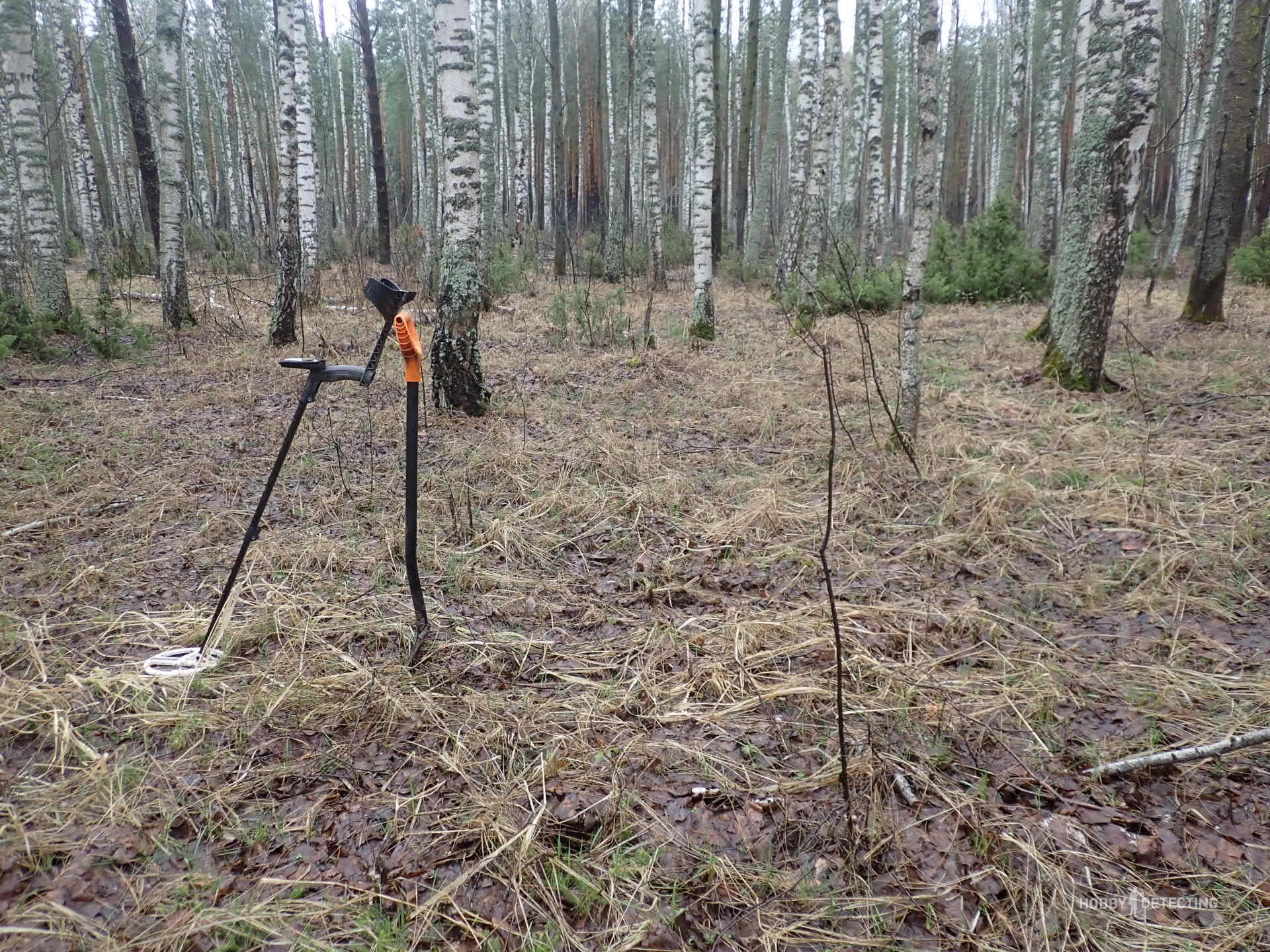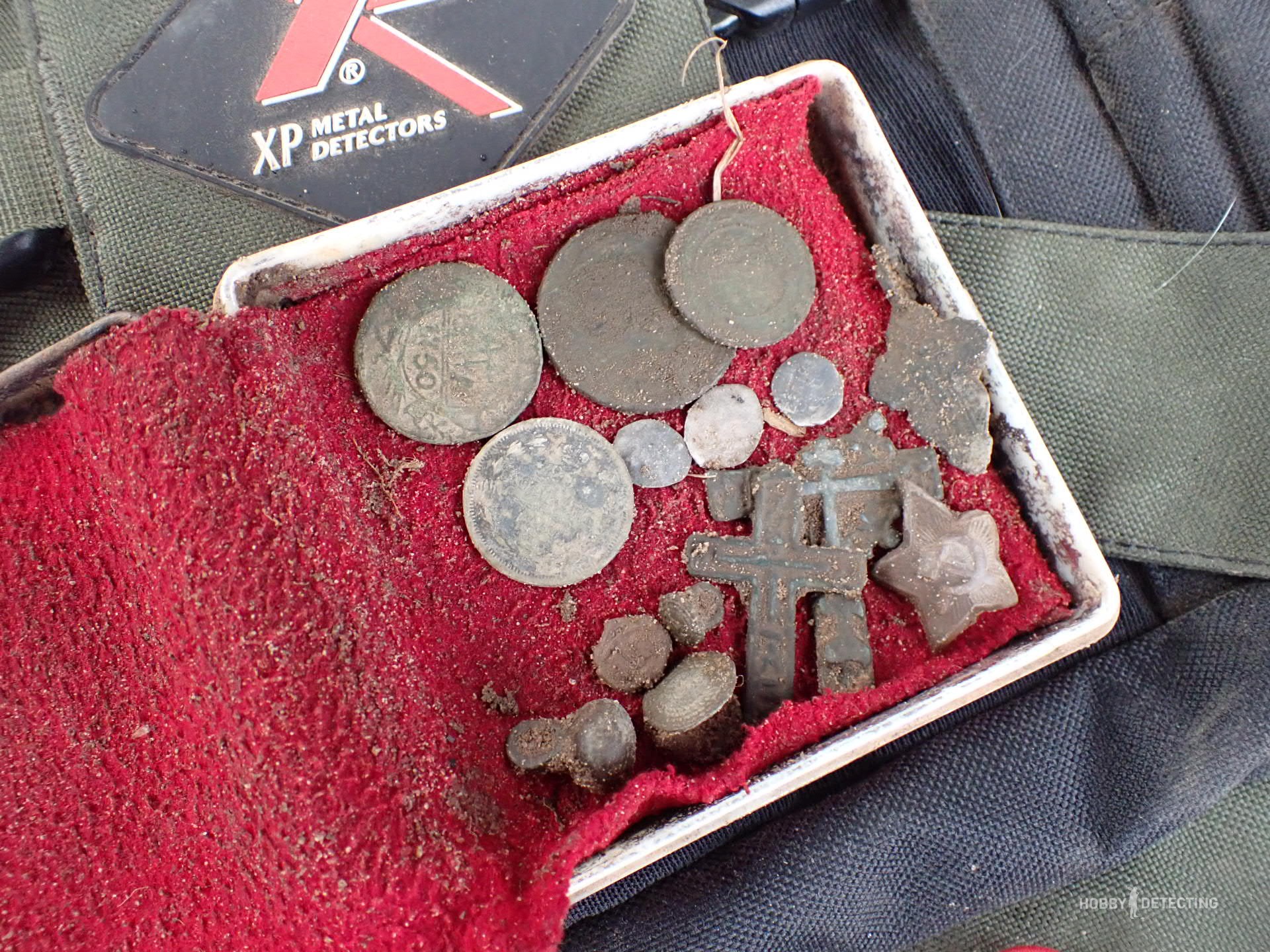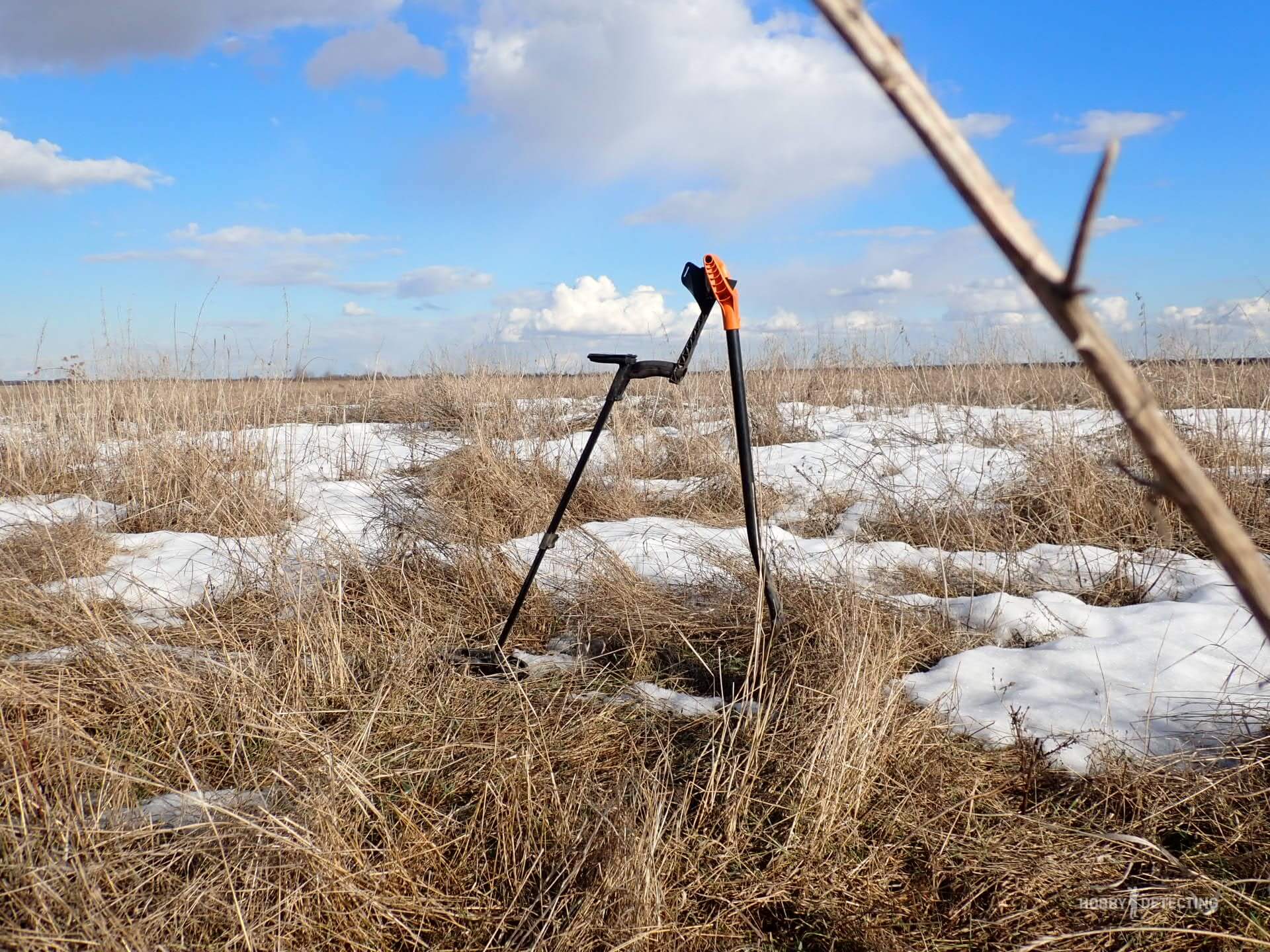Fans of instrument search. Why do we dig and what does it give us?
I came across one scientific note here on the Cyberleninka platform. It is called “Anti-robbery law” and was published in 2013. Author B.G. Yakimenko. Department of Peoples of Russia RUDN University. I read this article and was so struck by its causticity and bile that I decided to write a short response.
At the very beginning of the article, the author rejoices that, finally, the State Duma is adopting a law against black diggers, robbers of archeology and looters of the country’s historical heritage. Let me remind you that the note was written in 2013, just when amendments to the Criminal Code were adopted and that same article appeared. 243.2 of the Criminal Code of the Russian Federation.
Nine years have passed and I would like to ask the author of that note: “What has changed?” Where is your inexhaustible optimism that now they will start catching mound robbers in batches? The reality is this. Judging by judicial practice, which can be found in open sources, in our country, on average, per year, no more than ten cases under Art. 243.2 of the Criminal Code of the Russian Federation, of which only one or two cases are related to real chernushniks. That is, organized criminal groups engaged in looting mounds or other ancient burial places.

In this whole situation one can see a positive result. Finally, many responsible officials and opinion leaders in the scientific community are beginning to understand that the severity of punishment does not affect the reduction in the number of destroyed archaeological sites. Slowly people are beginning to understand that it is necessary to introduce rules and methods for regulating such activities as instrumental search. Prohibiting and not letting in is the simplest, but at the same time absolutely ineffective method.
That's okay. Let's move on to the second topic of that note. Explanation and understanding of the activities of diggers with motives solely for selfish purposes. According to the author, lovers of instrumental search are engaged in this trade because it brings fabulous profits. There is even a figure that the profitability in the field of black archeology is 1000% of net profit.
1000% Karl!!!

Well, have you all calmed down? Have you stopped laughing? Then let’s try to explain to those people that they know about instrumental search only from reports on scientific forums or from watching staged videos on YouTube. Dear friends!!! In modern conditions, such a hobby as instrument search is an extremely unprofitable hobby. And those people from science who continue to be confident that diggers make money from selling finds and because they constantly go into the field are very much mistaken.
Yes, it was like that once, about fifteen years ago. When professional diggers were searching for ancient settlements at a very high professional level with a good technical base and often with the help and advice of official archaeologists. The latter has been repeatedly stated by official archaeologists themselves in numerous media publications.

So, fifteen years ago, a digger who found a forest village within the Central Russian Plain could earn a very substantial amount of money in a couple of days. Back then, medieval crosses cost 40 thousand rubles and more. Specific coins, besogon rings, medallions and other women’s jewelry, all of this cost very good money and sold well on specialized forums.
Now prices have fallen tenfold. What then cost 40-60 thousand rubles is now sold with difficulty for 1.5-2 thousand rubles. There are several reasons for this drop. First of all, the high quality of fakes flooded the gray market of antiques. Secondly, these are archaeological excavations by Chernushniks on an industrial scale in Ukraine, which also hit demand in the domestic market.
And so, then a completely reasonable question arises. If this is unprofitable, then why are there more and more lovers of instrumental search every year? Probably because lovers of instrumental search are people who are really interested in the history of their country, the history of this or that region, region, village or hamlet. Often, diggers are the last and only people in a local area who collect folklore and stories among the old people of dying villages.

Fans of instrumental search are people who, for the first time in dozens, or even a hundred years, are requesting specific historical documents from archives. These are people who are ready to walk tens of kilometers a day for the sake of finding some hut in the forest, the story of which was told by an old grandfather in that very endangered village.
And, all this is for the sake of emotions, they are secondary finds and if suddenly the state wants to receive these finds (on a paid or gratuitous basis), as well as information about the place of their discovery, many, many diggers will be very willing to cooperate.
However, the same “prohibit and not let in” prevails in the minds of a significant part of people from science. It's sad, but unfortunately this is a hopeless reality.
PS And, according to the author of the note, it was black archaeologists who became the reason for the development and spread, in our country, of all kinds of theories of alternative history. We continue to laugh out loud)))

